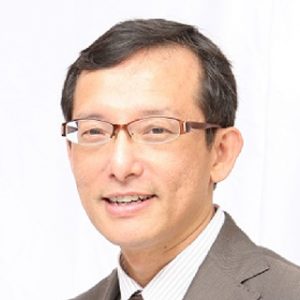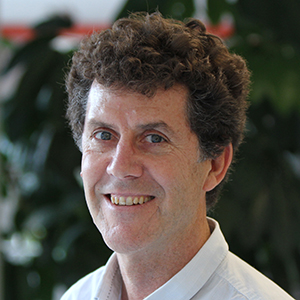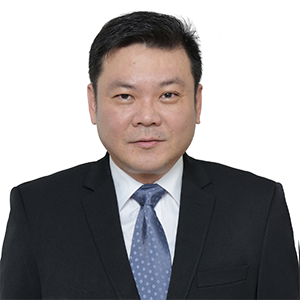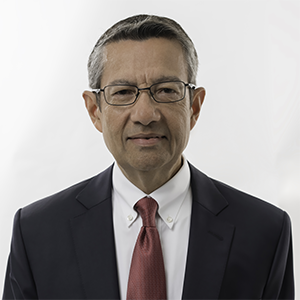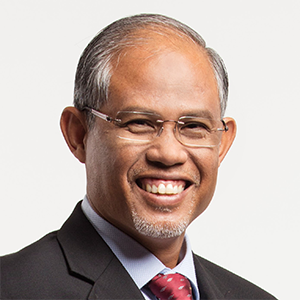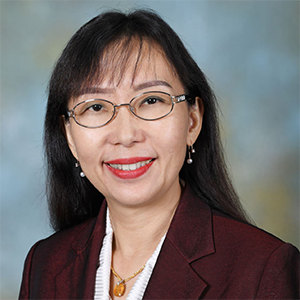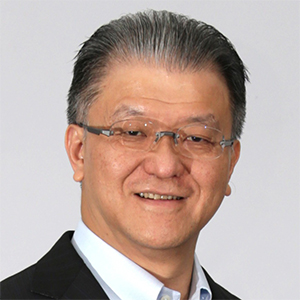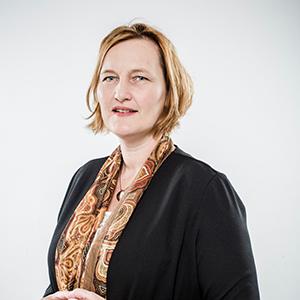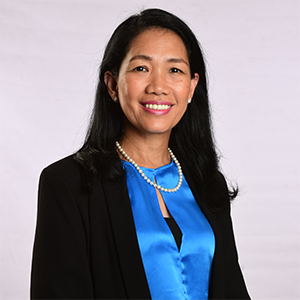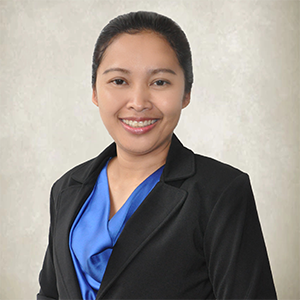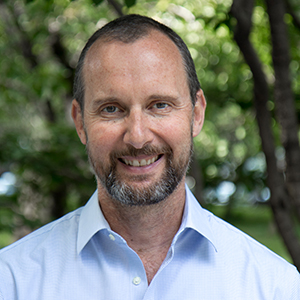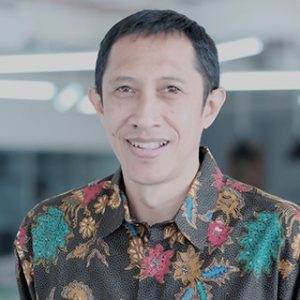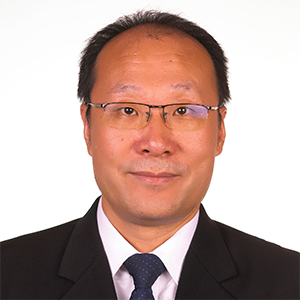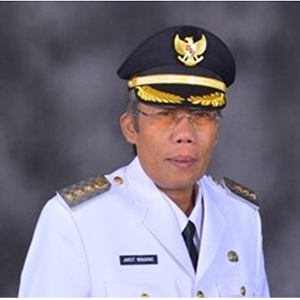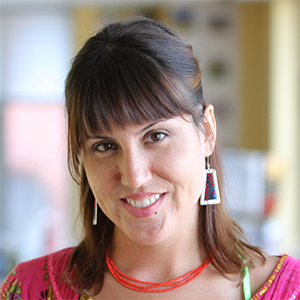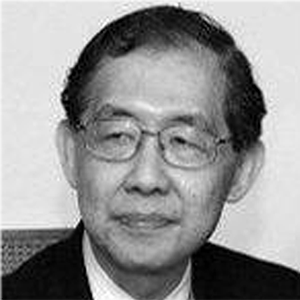PROGRAMME
ASEAN’s Pathway to Sustainability: Targets for 2020 and Beyond
Conference
Venue: The Fullerton Hotel Singapore
0830-0930
Registration
0930-0940
0940-1040
A number of sustainability targets by various governments and companies are due by 2020 and realising them is key to strengthening the credibility of these institutions. These include 100 percent sustainable sourcing, as well as the No Deforestation, No Peat and No Exploitation (NDPE) commitments by 2020. In ASEAN, governments have made similar commitments such as a haze-free ASEAN by 2020. Indonesia’s Peatland Restoration Agency (BRG) also has a mandate to restore 2 million hectares of degraded carbon-rich peat forest by 2020, following the 2015 haze crisis. As 2020 draws near, however, questions arise as to how far these targets have been achieved and whether new solutions are needed to address various agroforestry challenges in the next decade.
Key questions:
- How successful are ASEAN government agencies and agroforestry companies in meeting their 2020 sustainability targets?
- What are the environmental and social issues that governments, companies and financial institutions must prioritise, from now to 2020?
- What can we do differently, to address challenges in the agroforestry industry post-2020?
Panel Keynote
Panellists
Moderator
1040-1055
1055-1115
Morning Tea Break
1115-1130
1130-1230
The introduction of various government measures and industry initiatives have come to reflect growing expectations for companies to be sustainable. Yet, ensuring sustainable production and consumption remains questionable in Asia. Several progressive companies have faced criticisms for not doing enough, while many smallholders and mid-size players are struggling to comply with tougher standards. At the same time, consumers are not necessarily spending their money based on certifications and this remains prevalent among major consumer markets. The lack of positive marketing for sustainably produced goods could further influence the perceptions of governments and consumers like the European Union’s stance on palm oil, and in turn impact the industry’s market access.
Key questions:
- Across Europe, China and India, what are the biggest market barriers that must be addressed to improve the marketing and drive higher demand for more certified products?
- How should the industry navigate the current regime of multiple certifications and/ or standards while maintaining its credibility and managing its costs?
- How far can the agroforestry industry develop a unifying voice on sustainability, while still maintaining a degree of commercial competitiveness in Asia?
Panel Keynote
Panellists
Moderator
1230-1240
1240-1415
Lunch
1415-1545
The world’s largest trade deal between Europe and Japan in 2018 may have marked a turning point in the fight against climate change when it became the first Europe has signed with a specific provision on the Paris climate agreement. This in turn, could pave the way for trade in renewable energy, and other low-carbon solutions. Individual economies also stand to benefit with the increase in availability and lower cost of climate-friendly goods and services. At the same time, trade and/ or non-trade barriers may be introduced to protect domestic production while discouraging more efficient and sustainable practices elsewhere, as observed in instances like the palm oil industry.
With the EU and ASEAN restarting the process of establishing a Free Trade Agreement (FTA), it is critical to ensure that trade continues to support ASEAN countries’ shift to a low-carbon economy and thereby incentivise companies and financial institutions to be more sustainable. This workshop will focus on what green and sustainable trade means for ASEAN’s agroforestry sector and the extent to which trade can shape the future sustainability of the supply chain. It will also discuss the opportunities – beyond trade – for inter-regional collaboration among different stakeholders to better address climate change.
Key questions:
- What are some key ingredients for trade agreements to become effective tools to combat climate change?
- As the current coordinator for ASEAN-EU dialogue relations, how can Singapore play a constructive role in promoting sustainable practices in the agroforestry sector?
- Beyond trade, what are some opportunities for inter-regional collaboration among different stakeholders to address climate change effectively?
Panellists
Moderator
1415-1545
The vision of a 2020 Haze-Free ASEAN is drawing closer. There has been some significant progress made on the ground, thanks to the combined effort of governments, the private sector, development aid agencies, financial institutions, and NGOs. In particular, the Indonesian government attributed the reduction in transboundary haze pollution to the successful implementation of policies like peatland restoration and moratoriums, a claim some NGOs have refuted. The concern is that this success has less to do with better forest and peatland management than with the milder weather conditions experienced post-2015, and gaps in these policies could be unravelled with El Nino looming on the horizon. This workshop will evaluate how far we are from the 2020 goal, and discuss best practices, current challenges and gaps, as well as future solutions needed to ensure that the skies in ASEAN remain blue.
Key questions:
- What are the current key challenges in achieving a haze-free ASEAN by 2020, and how have they evolved since the agreement was first signed in 2002?
- What are some success stories that can serve as important lessons to ensure that ASEAN can achieve this vision?
- What more needs to be done for instance, better collaboration between governments, private sector, financial institutions and NGOs?
Panellists
Moderator
1415-1545
The Accountability Framework initiative (AFi) is a collaborative effort to establish common definitions, norms, and good practices for delivering on companies’ ethical supply chain commitments. The Framework will fill in vital detail that is missing from high‐level pledges, while helping to align a multitude of other efforts to implement commitments, foster transparency, and track progress. The Framework is being developed by a coalition of leading environmental and social NGOs in consultation with private companies, government, and other stakeholders.
Many companies sourcing from and producing in the Southeast Asian countries have made pledges to transform their supply chains to protect forests, ecosystems and people. To support this transformation, AFi Southeast Asia Secretariat also aims to engage with financial and investment institutions to ensure alignment of sustainability goals and contextualize it in financial communities.
The roundtable aims to introduce AFi concept and its Southeast Asia Secretariat activities to financial community in the region, identify potential role of AFi to support sustainable finance movement in the region, and consult financial community in the region for better alignment with existing regional initiatives/framework.
Source Persons:
1545

